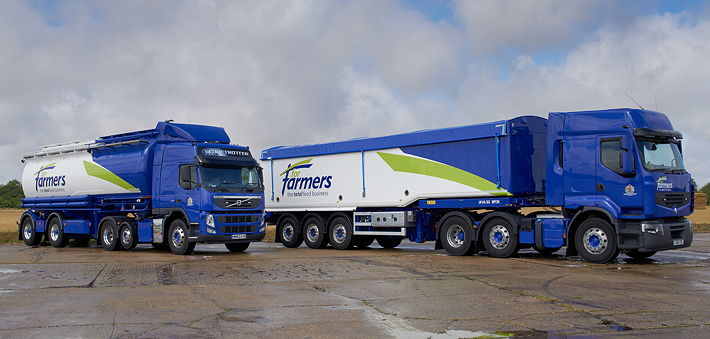The livestock feed company, ForFarmers, has voiced its support for “a number of industry initiatives” introduced in recent weeks to combat anti-microbial resistance (AMR).
“The electronic medicines book (eMB), the work being undertaken by the Pig Health and Welfare Council (PHWC) antimicrobials sub-group and the NPA Pig Industry Antibiotic Stewardship Programme are very positive and proactive steps in ensuring the responsible use of antibiotics,” said the company, which has production facilities in the UK, Netherlands, Belgium and Germany.
Commenting in relation to the current debate on AMR, in light of the recent publication of the O’Neill report, “Tackling Drug-Resistant Infections Globally”, ForFarmers said it was already working hard with its direct customers in the UK, and their supply chain partners, to address the AMR issue.
This includes bringing experience from its other markets, most notably the Netherlands, alongside further research at its Nutrition Innovation Centre, where the focus is on the development of husbandry and nutrition approaches which enhance gut health.
“An example of this can be seen with the VIDA piglet feed concept launched across North West Europe, which contains specific advances to enhance nutrient efficiency and reduce the impact of intestinal pathogens” said ForFarmers corporate affairs director, Nick Major, adding that animal health and welfare was one of the key pillars of the company’s sustainability approach, alongside the environment, people and society.
Maintaining that the amount of medication used in livestock production systems should be as “little as possible” but “as much as required” to safeguard the health and wellbeing of animals, ForFarmers also said it is continuing to urge European regulators to take a practical and workable approach to the administration of medication via feed, especially where it is proven to provide the most effective method of treatment of a group of animals affected by a common health challenge.
ForFarmers has annual sales of approximately 9.1 million tonnes of feed, supplying product to the cattle, pig, poultry and horse sectors.


